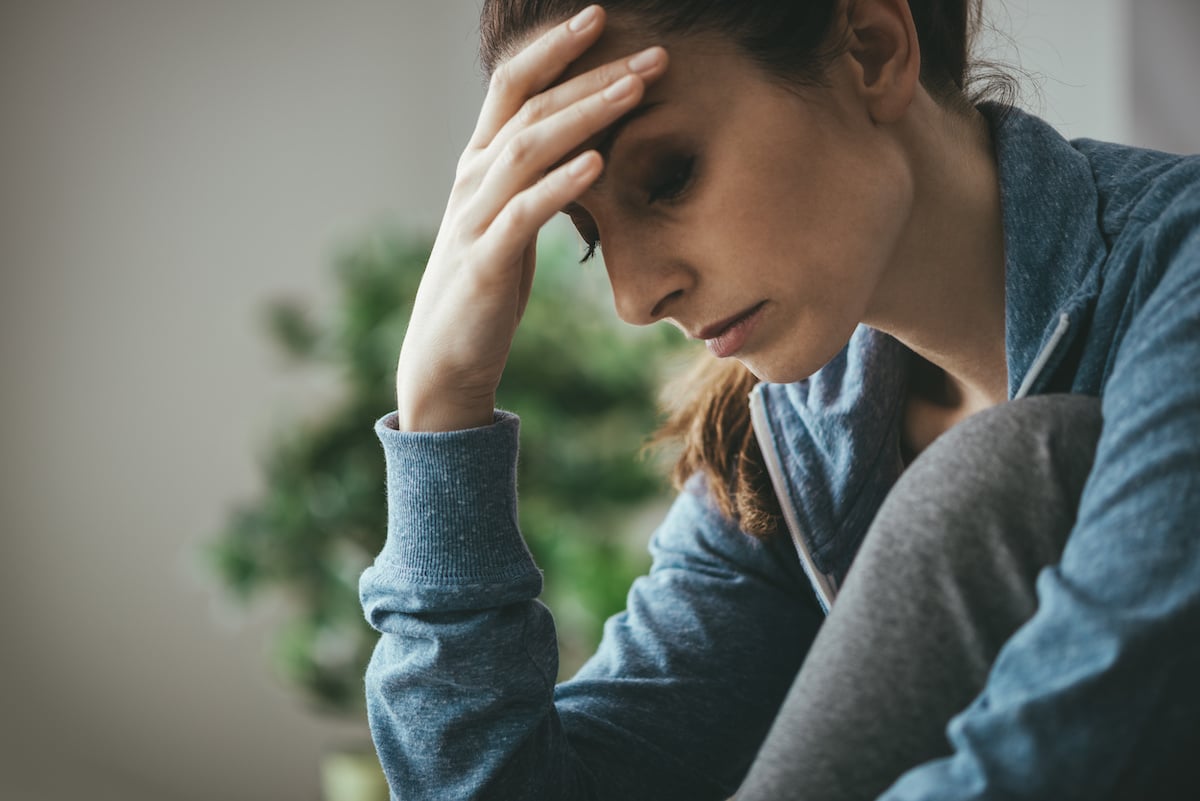Incidence of mental illness lower in vaccinated cohort compared with pre-vaccine availability and unvaccinated cohorts
By Elana Gotkine HealthDay Reporter
FRIDAY, Aug. 23, 2024 (HealthDay News) — For unvaccinated people, the incidence of mental illness is elevated after diagnosis of COVID-19, according to a study published online Aug. 21 in JAMA Psychiatry.
Venexia M. Walker, Ph.D., from the University of Bristol in the United Kingdom, and colleagues examined whether mental illness is associated with diagnosed COVID-19 by vaccination status in a study conducted in three cohorts: before vaccine availability (January 2020 to June 2021; 18,648,606 people) and vaccinated (14,035,286 individuals) and unvaccinated (3,242,215 individuals) cohorts during June to December 2021.
The researchers found that in each cohort, the incidence of most mental illness outcomes was elevated during weeks 1 through 4 after COVID-19 diagnosis compared with before or without COVID-19. Compared with the pre-vaccine availability cohort and the unvaccinated cohort, the vaccinated cohort had a lower incidence of mental illnesses, specifically depression and serious mental illness during weeks 1 through 4 after COVID-19 (adjusted hazard ratios, 1.16 and 0.91, respectively, in the vaccinated cohort; 1.93 and 1.49, respectively, in the pre-vaccine availability cohort; and 1.79 and 1.45, respectively, in the unvaccinated cohort). After hospitalization for COVID-19, the elevation in incidence was higher and persisted longer.
“This has important implications for public health and mental health service provision, as serious mental illnesses are associated with more intensive health care needs and longer-term health and other adverse effects,” the authors write.
One author disclosed ties to AstraZeneca.
Copyright © 2024 HealthDay. All rights reserved.








